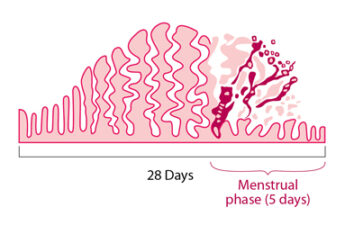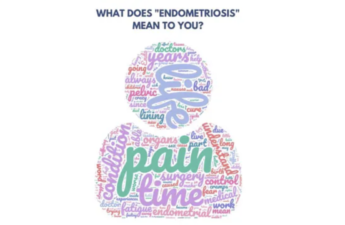Category: Menstruation
What is premenstrual dysphoric disorder? And how is it different to PMS?
Periods can feel like an unwanted guest, bringing cramps, mood swings and exhaustion.
But how do you know if what you are experiencing is standard premenstrual syndrome (PMS), or something more severe?
Premenstrual dysphoric disorder (PMDD) and the premenstrual exacerbation of an existing mental illness can also occur in the lead up to your period.
Heavy periods are common. What can you do, and when should you seek help?
Around one in four women of reproductive age experience heavy periods, also known as heavy menstrual bleeding. Many women with heavy periods also experience severe period pain. If you are having heavy periods, talking with your doctor can help you choose the right treatment option for you.
Study confirms link between COVID-19 vaccination and temporary increase in menstrual cycle length
On average, vaccinated people experienced an increase of less than one day in each cycle in which they were vaccinated: a .71 day increase after the first dose and a .56 day increase after the second dose. Participants who received both doses in a single cycle had a 3.91 day increase in cycle length.
The US lacks adequate education around puberty and menstruation for young people – an expert on menstrual health explains
Many young people receive limited guidance about what to expect as they near menstruation. Now, with the overturning of Roe v. Wade, young people who begin to menstruate will also need to learn early on how to recognize a missed period as soon as possible.
Should You Worry About Data From Your Period-Tracking App Being Used Against You?
If the Supreme Court overturns Roe v. Wade, women in some states could be prosecuted for seeking or obtaining an abortion. Could data from your smartphone app be used to prosecute you? The short answer: Yes.
Endometriosis: How advocacy, awareness and algorithms could shorten the long wait for diagnosis and treatment
Endometriosis affects an estimated 200 million people worldwide. Despite its prevalence, those living with the disease often wait an average of 7.5 years between start of symptoms and diagnosis. This delay is due to a variety of reasons, including medical dismissal, a low prioritization of the condition and its overall misrepresentation in research funding, policy and media.
Ibuprofen might make your periods lighter, but it’s not a long-term solution
There’s some evidence non-steroidal anti-inflammatory drugs, like ibuprofen, can reduce menstrual flow. But they shouldn’t be seen as a long-term solution.






